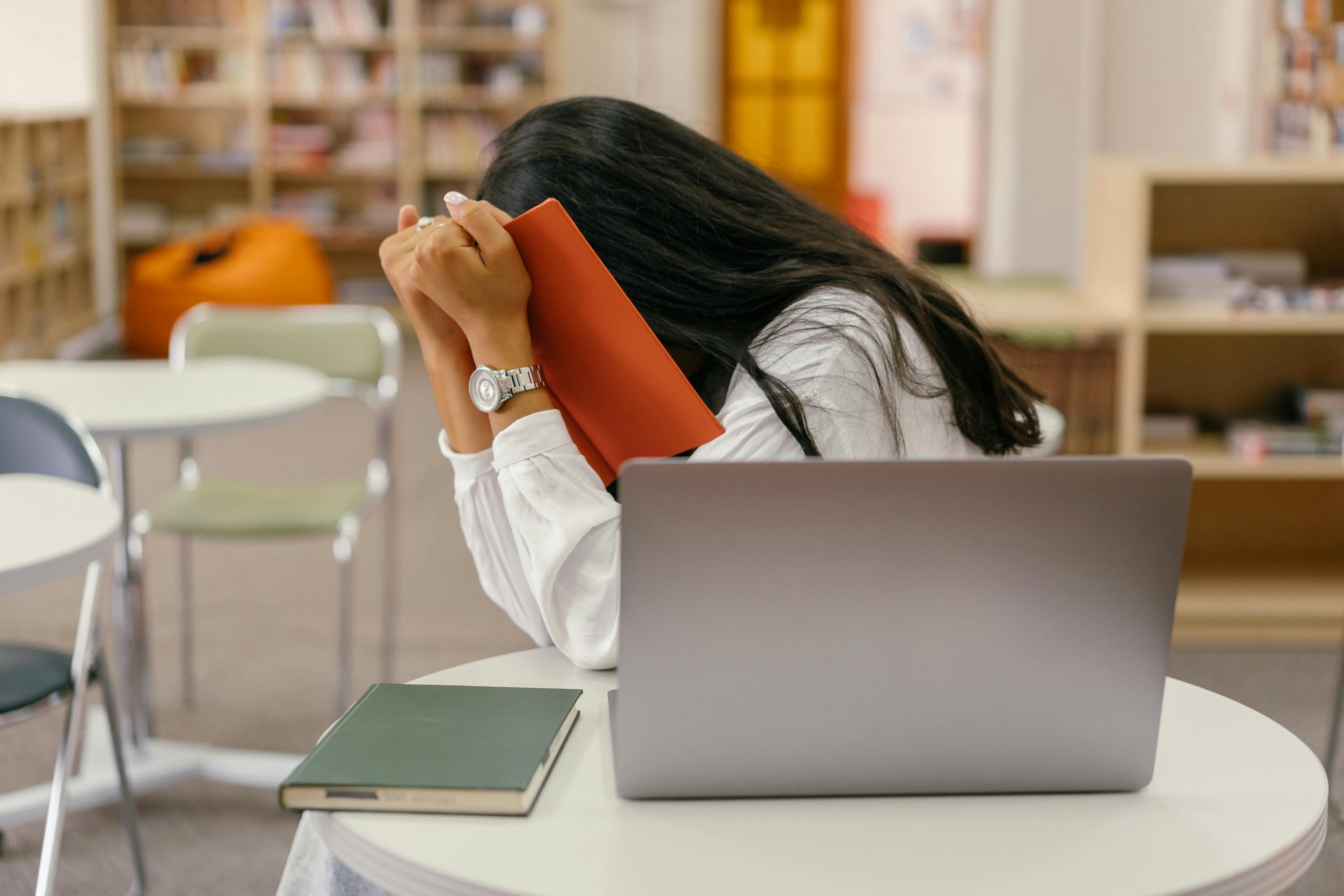Feeling awkward in social situations is something most people experience at some point. Maybe you don’t know what to say, feel out of place, or worry about being judged. The good news is that awkwardness isn’t permanent—it’s a skill you can improve, just like learning to ride a bike or cook a new recipe.
This article will walk you through practical steps on how to be less awkward, boost your social confidence, and build better connections with others.
Why Do We Feel Awkward?

Before learning how to be less awkward, it helps to understand where awkwardness comes from. Awkwardness usually happens when your self-awareness is turned up too high. Instead of focusing on the moment, you’re worried about how others see you.
Common reasons people feel awkward:
- Overthinking: Worrying too much about what to say or do.
- Fear of judgment: Assuming others are criticizing your every move.
- Lack of practice: Not being in social situations often enough.
- Low confidence: Doubting your own value or abilities.
- Misreading cues: Struggling to pick up on body language or tone.
By knowing the causes, you can start to work on solutions instead of letting awkward moments hold you back.
Everyday Habits That Build Confidence
Confidence doesn’t come from a single pep talk—it’s built through daily habits that strengthen your body, mind, and self-image.
Helpful habits include:
- Exercise regularly: Physical activity boosts mood and reduces stress.
- Get enough sleep: A rested brain helps you stay calm and focused.
- Eat well: Balanced meals support energy and mental clarity.
- Practice mindfulness: Breathing exercises or meditation ease nervous thoughts.
- Celebrate small wins: Reward yourself for progress, no matter how small.
When you consistently take care of yourself, you’ll naturally feel less awkward and more prepared to handle social interactions.
Improving Your Social Awareness
One of the best ways to feel less awkward is to tune in to what’s happening around you. Instead of staying in your own head, pay attention to others.
Ways to improve social awareness:
- Notice body language: Are people leaning in, smiling, or looking away?
- Listen actively: Nod, ask follow-up questions, and show genuine interest.
- Match energy: If someone is quiet, don’t overwhelm them. If they’re enthusiastic, respond with equal energy.
- Avoid interrupting: Give people space to finish their thoughts.
By focusing on others, you’ll worry less about yourself and naturally come across as more confident.
Conversation Starters That Work
Not knowing what to say is one of the biggest triggers of awkwardness. Having a few go-to conversation starters can help you feel more prepared.
Easy conversation openers:
- Ask about their day: “How’s your week been so far?”
- Comment on the setting: “This place has a great atmosphere.”
- Find common ground: “Have you seen any good shows lately?”
- Offer a compliment: “That’s a really cool jacket—where did you get it?”
Tips to keep conversations flowing:
- Keep questions open-ended (yes/no questions can end conversations fast).
- Share something about yourself to create balance.
- Don’t be afraid of pauses—sometimes silence is natural.
The more you practice, the less forced and more natural conversations will feel.
Handling Awkward Moments Gracefully
No matter how prepared you are, awkward moments still happen. What matters most is how you respond to them.
Smart ways to handle awkwardness:
- Acknowledge it lightly: “Well, that was a little awkward!” A quick laugh eases tension.
- Redirect the focus: Ask a question or shift to another topic.
- Stay calm: Take a breath and avoid panicking.
- Don’t dwell on mistakes: Most people forget awkward moments quickly.
Remember, people aren’t analyzing you as much as you think. Often, they’re focused on themselves.
Body Language That Builds Confidence

Sometimes it’s not what you say but how you carry yourself. Positive body language helps you appear less awkward and more approachable.
Key body language tips:
- Maintain good posture: Stand tall with your shoulders relaxed.
- Make eye contact: Shows confidence, but don’t stare—3–4 seconds at a time is enough.
- Smile naturally: Smiling makes you look friendly and eases tension.
- Use open gestures: Avoid crossing arms or fidgeting too much.
Even small adjustments in body language can dramatically improve how others see you—and how you see yourself.
Learning from Social Mistakes
Awkward experiences can feel embarrassing, but they’re also great learning opportunities. Instead of beating yourself up, reflect on what happened and think about what you can do differently next time.
Questions to ask yourself after an awkward moment:
- Did I misread the situation?
- Was I overthinking instead of listening?
- What could I say or do differently next time?
- Did it feel as bad as I thought, or did people move on quickly?
With each experience, you’ll gain more insight and grow more comfortable in different situations.
Practicing in Low-Pressure Situations
If you want to be less awkward, practice in small, safe environments before tackling bigger challenges. Think of it like training before a big game.
Where to practice social skills:
- Chat with cashiers or baristas.
- Make small talk with coworkers during breaks.
- Start conversations in online groups or forums.
- Volunteer for events where interaction is encouraged.
The more exposure you get, the less intimidating social situations will feel. Over time, you’ll develop smoother skills and stronger confidence.
Shifting the Focus Away from Yourself
One of the biggest causes of awkwardness is being too focused on yourself. Instead, shift your energy toward making others feel comfortable.
How to shift your focus:
- Ask questions about the other person.
- Look for ways to offer help or encouragement.
- Listen more than you speak.
- Remember that people enjoy being heard and appreciated.
When you stop worrying about your own performance and focus on connection, awkwardness fades naturally.
When Awkwardness is Linked to Shyness
Sometimes, awkwardness overlaps with shyness. Both can make social interactions feel intimidating. The good news is, many of the same strategies apply to both. If you struggle with both, learning techniques on how to overcome shyness can also help you feel less awkward.
Final Thoughts
Learning how to be less awkward takes patience, practice, and self-compassion. Awkward moments are a natural part of life, but they don’t define you. By building confidence, improving body language, practicing conversations, and shifting your focus to others, you can reduce awkwardness and connect more meaningfully with people around you.
Remember—everyone feels awkward sometimes. What matters most is learning to handle it with grace and continuing to grow.







